
This 3rd edition published in 2009. Reprinted 2010.
Published by Marshall Cavendish Corporation
99 White Plains Road
Tarrytown NY 10591-9001
www.marshallcavendish.us
First published in 2001 by Times Media Pte Ltd, reprinted 2003 (twice); 2nd edition published in 2006, reprinted 2008.
2009 Marshall Cavendish International (Asia) Private Limited
All rights reserved
No part of this publication may be reproduced, stored in a retrieval system or transmitted, in any form or by any means, electronic, mechanical, photocopying, recording or otherwise, without the prior permission of the copyright owner. Request for permission should be addressed to the Publisher, Marshall Cavendish International (Asia) Private Limited, 1 New Industrial Road, Singapore 536196. Tel: (65) 6213 9300, fax: (65) 6285 4871. E-mail:
The publisher makes no representation or warranties with respect to the contents of this book, and specifically disclaims any implied warranties or merchantability or fitness for any particular purpose, and shall in no events be liable for any loss of profit or any other commercial damage, including but not limited to special, incidental, consequential, or other damages.
Other Marshall Cavendish Offices:
Marshall Cavendish International (Asia) Pte Ltd. 1 New Industrial Road, Singapore 536196  Marshall Cavendish International. PO Box 65829, London EC1P 1NY, UK
Marshall Cavendish International. PO Box 65829, London EC1P 1NY, UK  Marshall Cavendish International (Thailand) Co Ltd. 253 Asoke, 12th Flr, Sukhumvit 21 Road, Klongtoey Nua, Wattana, Bangkok 10110, Thailand
Marshall Cavendish International (Thailand) Co Ltd. 253 Asoke, 12th Flr, Sukhumvit 21 Road, Klongtoey Nua, Wattana, Bangkok 10110, Thailand  Marshall Cavendish (Malaysia) Sdn Bhd, Times Subang, Lot 46, Subang Hi-Tech Industrial Park, Batu Tiga, 40000 Shah Alam, Selangor Darul Ehsan, Malaysia
Marshall Cavendish (Malaysia) Sdn Bhd, Times Subang, Lot 46, Subang Hi-Tech Industrial Park, Batu Tiga, 40000 Shah Alam, Selangor Darul Ehsan, Malaysia
Marshall Cavendish is a trademark of Times Publishing Limited
ISBN: 978 981 4435 73 4
Please contact the publisher for the Library of Congress catalogue number
Printed in Singapore by Times Printers Pte Ltd
Photo Credits:
All black and white photos from the author. All colour images from Photolibrary.
 Cover photo: Getty Images
Cover photo: Getty Images
All illustrations by TRIGG
ABOUT THE SERIES
Culture shock is a state of disorientation that can come over anyone who has been thrust into unknown surroundings, away from ones comfort zone. CultureShock! is a series of trusted and reputed guides which has, for decades, been helping expatriates and long-term visitors to cushion the impact of culture shock whenever they move to a new country.
Written by people who have lived in the country and experienced culture shock themselves, the authors share all the information necessary for anyone to cope with these feelings of disorientation more effectively. The guides are written in a style that is easy to read and covers a range of topics that will arm readers with enough advice, hints and tips to make their lives as normal as possible again.
Each book is structured in the same manner. It begins with the first impressions that visitors will have of that city or country. To understand a culture, one must first understand the peoplewhere they came from, who they are, the values and traditions they live by, as well as their customs and etiquette. This is covered in the first half of the book.
Then on with the practical aspectshow to settle in with the greatest of ease. Authors walk readers through topics such as how to find accommodation, get the utilities and telecommunications up and running, enrol the children in school and keep in the pink of health. But thats not all. Once the essentials are out of the way, venture out and try the food, enjoy more of the culture and travel to other areas. Then be immersed in the language of the country before discovering more about the business side of things.
To round off, snippets of basic information are offered before readers are tested on customs and etiquette of the country. Useful words and phrases, a comprehensive resource guide and list of books for further research are also included for easy reference.
CONTENTS
INTRODUCTION
When I was a young man, my father always encouraged me, in a light-hearted manner, to take a banana boat down to South America. He probably did not realise that the thought stayed in my subconscious and determined my future.
In my early twenties, when working in a department store, I met a wealthy Ecuadorian by chance. He was visiting the United States and had lost his passport. With my Spanish 101, I did my best to help him and he explained to me that he was a banana farmer and was in Arizona studying water resources to help combat some of the droughts in Ecuador. A stout muscular man with a genial smile, he had a very attractive wife with bronze skin and brown eyes, who looked as if she were descended from an Indian princess.
Later, I had a Spanish professor from the Sierra (mountain area) region of Ecuador who did not look or speak like my newfound acquaintance from the coastal plains of Ecuador in the city of Guayaquil. My professor was slight in build and had a distinct accent, sounding very different from the man from Guayaquil. I was intrigued with the differences in these two men and it was an early introduction to the wide range of differences in people within a very small geographical area.
It was on a jet that I finally made my first trip to Ecuador in the early 1980s, not on a banana boat. Ecuador captured my soul. In this small country, I found a dose of all that was good and bad in life. Within its borders, it is a country steeped in the human spirit and every human experience. If James A Michener had lived long enough, he would probably have discovered the tiny jewel of Ecuador and found more than enough material to write a number of epic novels.
If you are lucky enough to have the opportunity to move to or visit Ecuador, you are in for an adventure. Despite its small size, it is not a homogeneous country. It possesses many divisions socially, culturally and geographically. A constant factor about Ecuador is that it always seems to be in transition. Whether it is suffering from natural catastrophes or expanding substantially due to oil exports, it is always changing.
Superficially, however, much of the country does not appear to have changed from the time the Spanish conquered it. On the surface, it appears similar to other Latin American countries. Ecuador, however, has a unique way of conducting life. One of the most profound statements I have ever read regarding Ecuador can be found in Walker Lowrys rare masterpiece Tumult at Dusk: Being an Account of Ecuador. During his visit to Ecuador, he and his companions became aware of a murder at a ranch named Ila. They were concerned, as many North Americans would have been, and thought something had to be done. But a colonel offered this advice: That is right Seores. Whatever you do you will only make things worse. Forgive me for saying it but you do not understand this country. You do not understand its people. You think that because we have houses, cars and clothes like yours, because we talk of democracy and freedom, because we read your books, borrow your money, buy your goods, we are like you.
But we are not. We look like you, sometimes we talk like you, but we do not think like you. The difference, Seores, is not great but it is important. If you do not see it, the things you do in this country will be wrong. You will only make trouble. Your motives will be good but you will always be misunderstood. You will try to make friends and find only enemies. You will be disappointed. You will condemn this country. Or you will make fun of it. You will go home and say this country is ridiculous, that everything is hopeless.
Next page
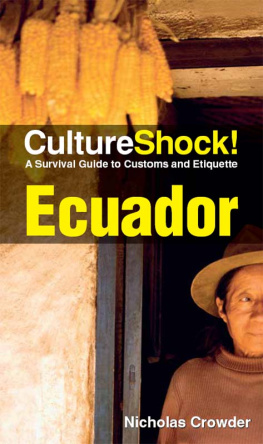
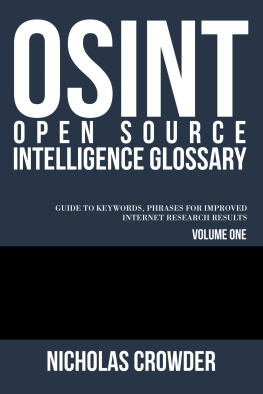
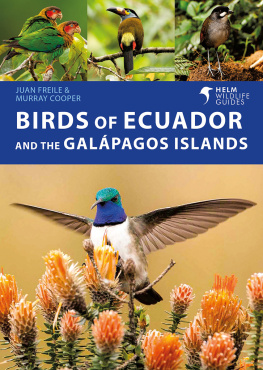

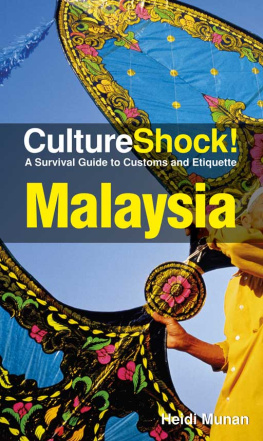

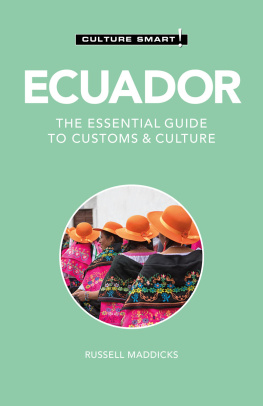
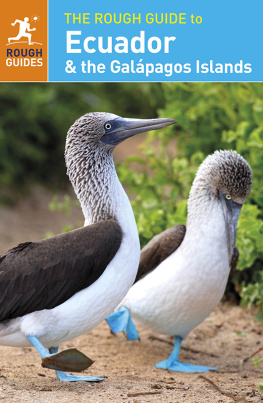
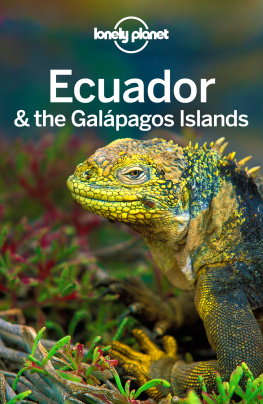
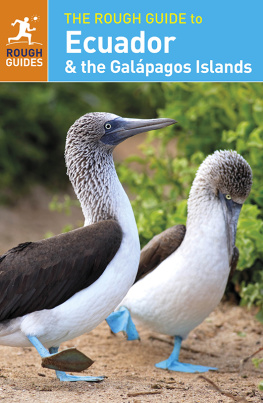
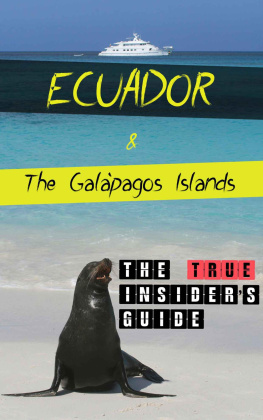
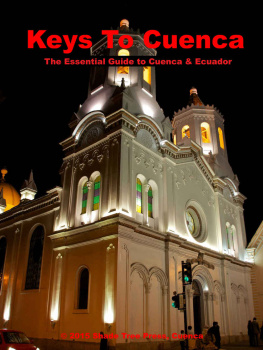
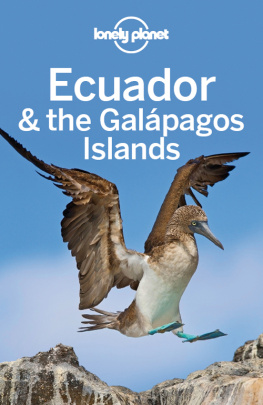

 Marshall Cavendish International. PO Box 65829, London EC1P 1NY, UK
Marshall Cavendish International. PO Box 65829, London EC1P 1NY, UK